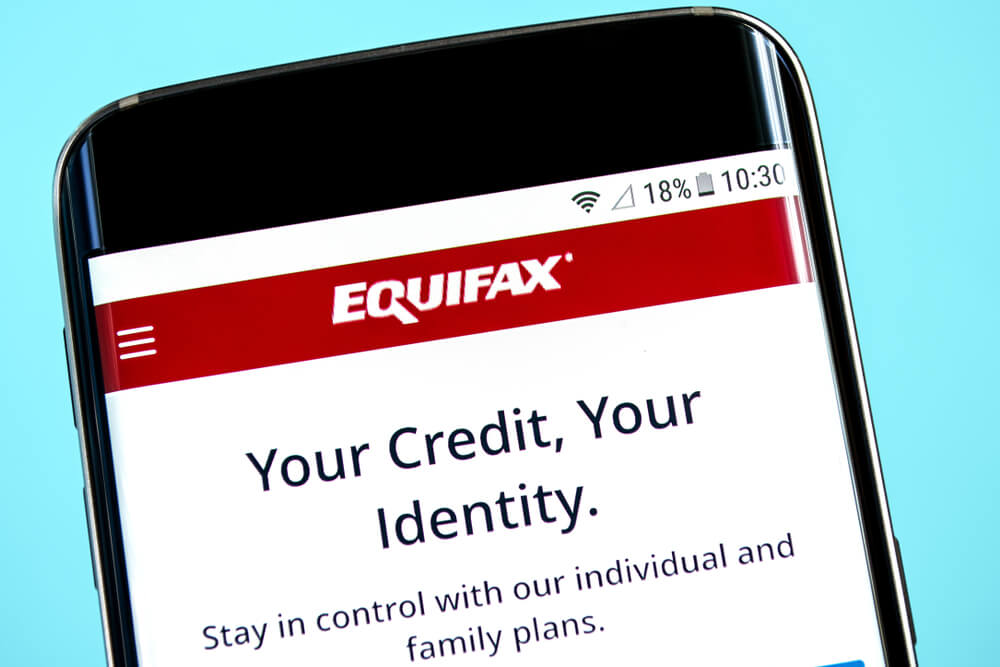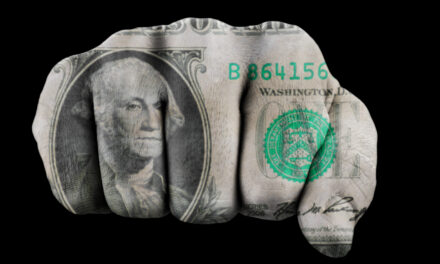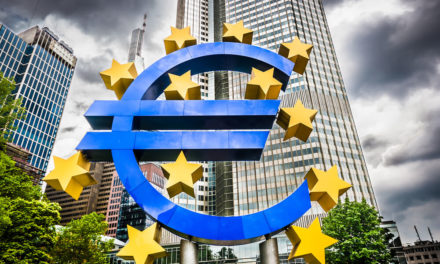Equifax will pay up to $700 million to settle with the U.S. and states over a 2017 data breach that exposed Social Security numbers and other private information of nearly 150 million people.
“Companies that profit from personal information have an extra responsibility to protect and secure that data.”
The settlement with the U.S. Consumer Financial Protection Bureau and the Federal Trade Commission, as well as 48 states and the District of Columbia and Puerto Rico, would provide up to $425 million in monetary relief to consumers, a $100 million civil money penalty, and other relief.
The breach was one of the largest ever to threaten the private information. The consumer reporting agency, based in Atlanta, did not detect the attack for more than six weeks. The compromised data included Social Security numbers, birth dates, addresses, driver license numbers, credit card numbers and in some cases, data from passports.
“The consumer fund of up to $425 million that we are announcing today reinforces our commitment to putting consumers first and safeguarding their data – and reflects the seriousness with which we take this matter,” said Equifax CEO Mark Begor.
Equifax stock, which plunged 30% in the days following the disclosure of the breach, have returned to levels where they traded before the incident.
At the opening bell, shares of Equifax Inc. rose 2%, to $140.26. Around 11 a.m. on the East Coast, the stock was still up 0.7% to $138.26. A share cost $141.45 in the hours before the breach was disclosed on Sept. 7, 2017.
“Companies that profit from personal information have an extra responsibility to protect and secure that data,” said FTC Chairman Joe Simons. “Equifax failed to take basic steps that may have prevented the breach that affected approximately 147 million consumers. This settlement requires that the company take steps to improve its data security going forward, and will ensure that consumers harmed by this breach can receive help protecting themselves from identity theft and fraud.”
The announcement Monday confirms a report by The Wall Street Journal that the credit reporting agency had reached a deal with the U.S.
The company said earlier this year that it had set aside around $700 million to cover anticipated settlements and fines.
The settlement must still be approved by the federal district court in the Northern District of Georgia.
WHAT DO CONSUMERS GET FROM THE SETTLEMENT?
Equifax has a page, https://www.equifaxsecurity2017.com, with a link to look up whether your information was exposed.
Affected consumers may be eligible for up to $20,000 in reimbursements for losses from unauthorized charges to affected accounts, legal and other fees, credit-monitoring or identity-theft-protection services and expenses related to freezing or unfreezing credit reports. For the time spent dealing with the breach, consumers can seek $25 per hour for up to 20 hours as compensation.
All impacted consumers will be eligible to receive 10 years of free credit monitoring, at least seven years of free identity-restoration services, and, starting in 2020, six free copies of their Equifax credit report each year for seven years. That’s on top of the free copy consumers can already get by law every 12 months from each of the three big agencies — Equifax, Experian and TransUnion. For minors, free credit monitoring increases to 18 years.
If consumers choose not to enroll in the free credit monitoring product available through the settlement, they may seek up to $125 as a reimbursement for the cost of a credit-monitoring product of their choice.
Consumers must submit a claim in order to receive free credit monitoring or cash reimbursements.
WHAT CAN CONSUMERS DO WITH CREDIT REPORTS?
Examine all your listed accounts and loans to make sure that the personal information is correct and that you authorized the transaction. If you find something suspicious, contact the company that issued the account and the credit-rating agency.
Consider freezing your credit, which stops thieves from opening new credit cards or loans in your name. It can be done online. Consumers can freeze their credit for free because of recent legislation, avoiding fees that were typically $5 to $10 per rating agency.
You’ll need to remember to temporarily unfreeze your credit, also free, if you apply for a new credit card or loan. And a freeze won’t protect you from thieves who file a fraudulent tax return in your name or make charges against an existing account.
© The Associated Press. All rights reserved.




